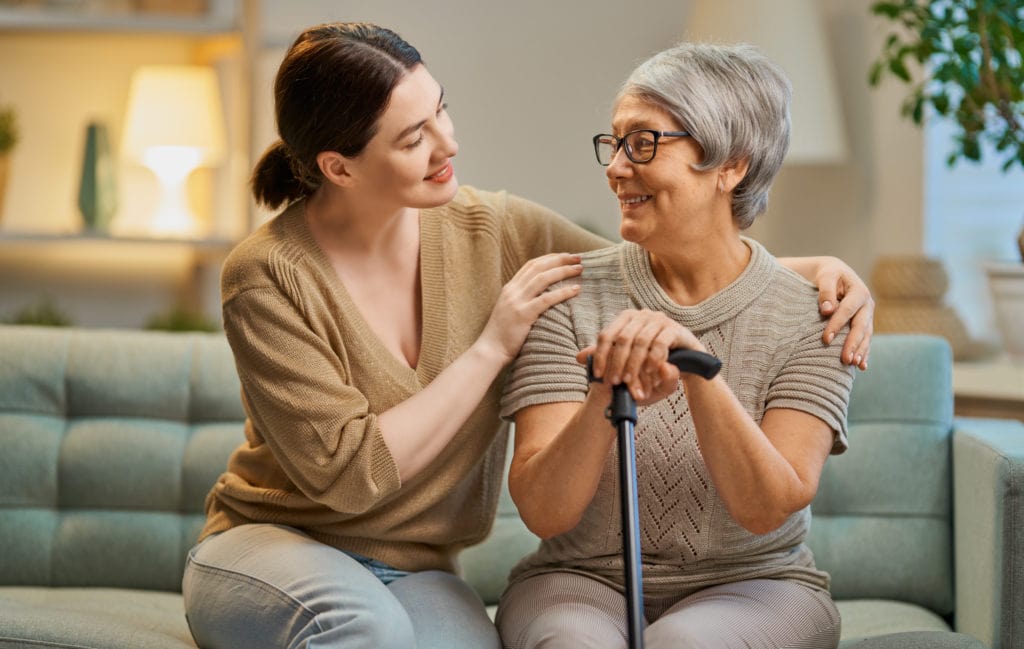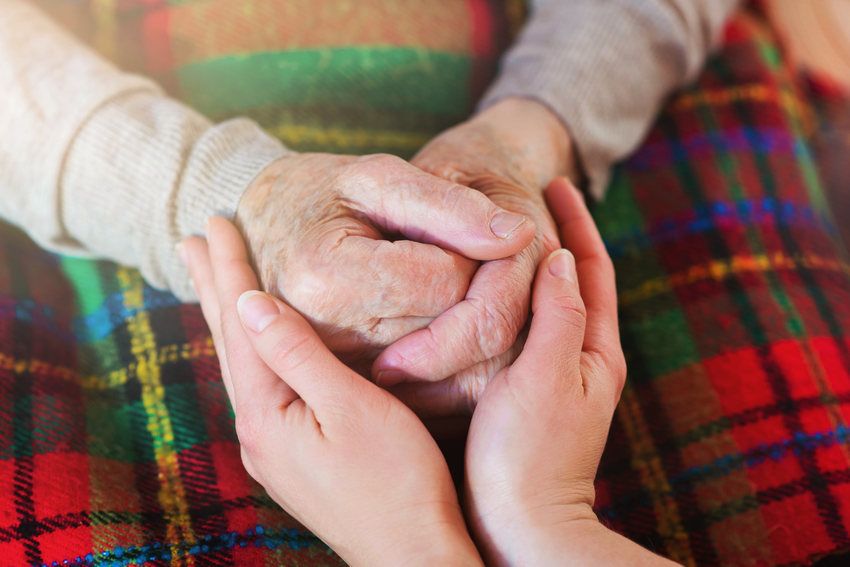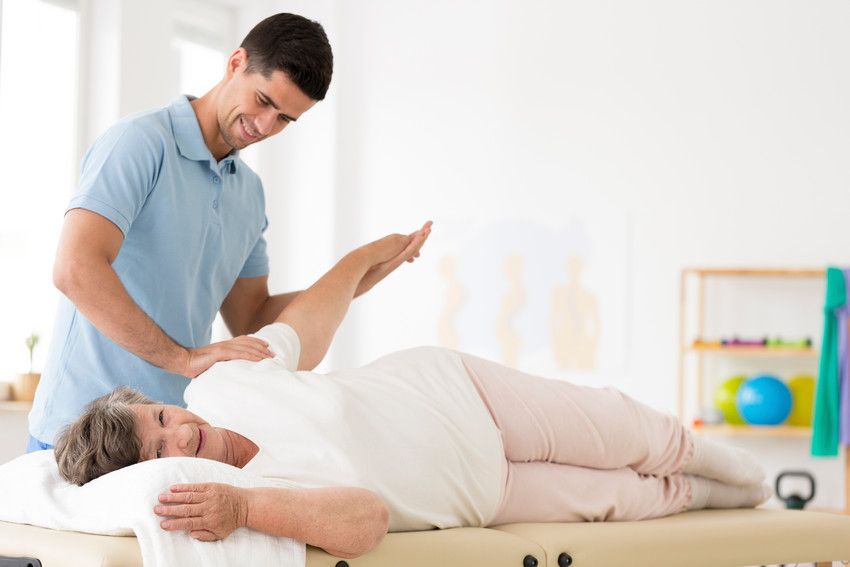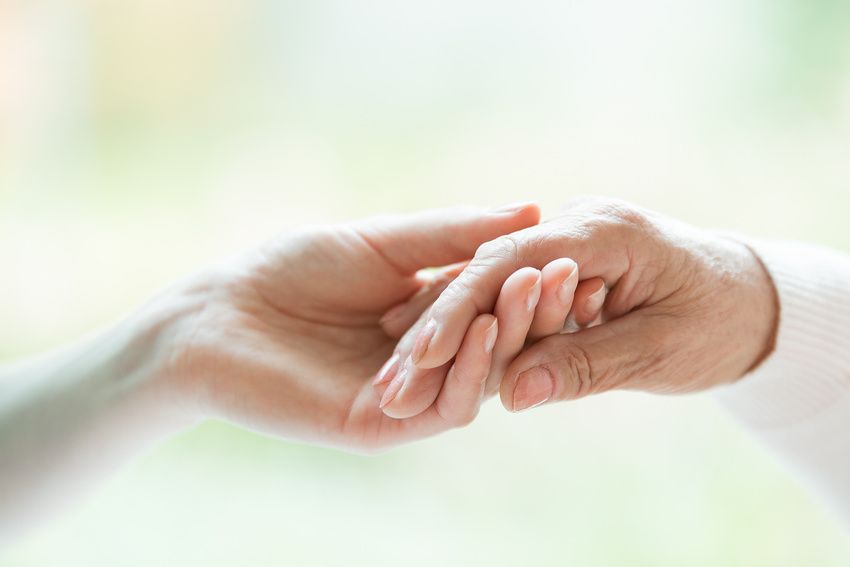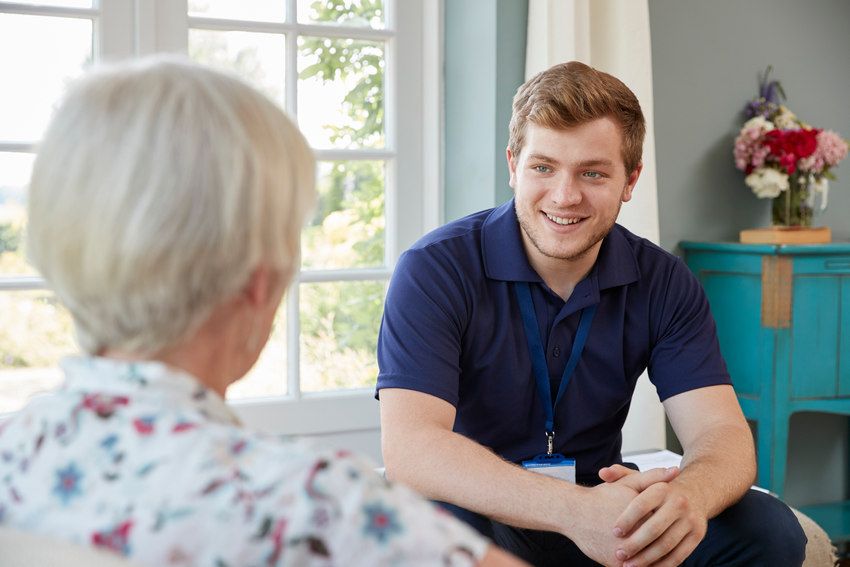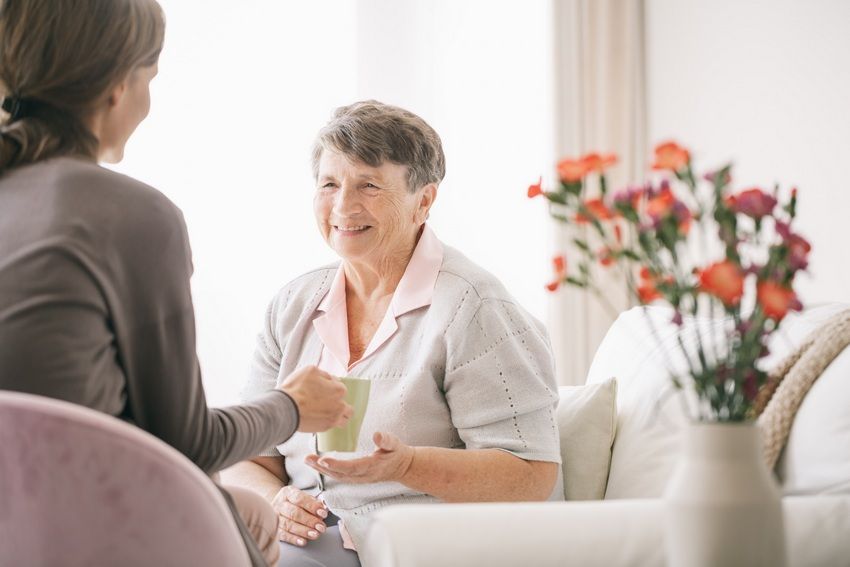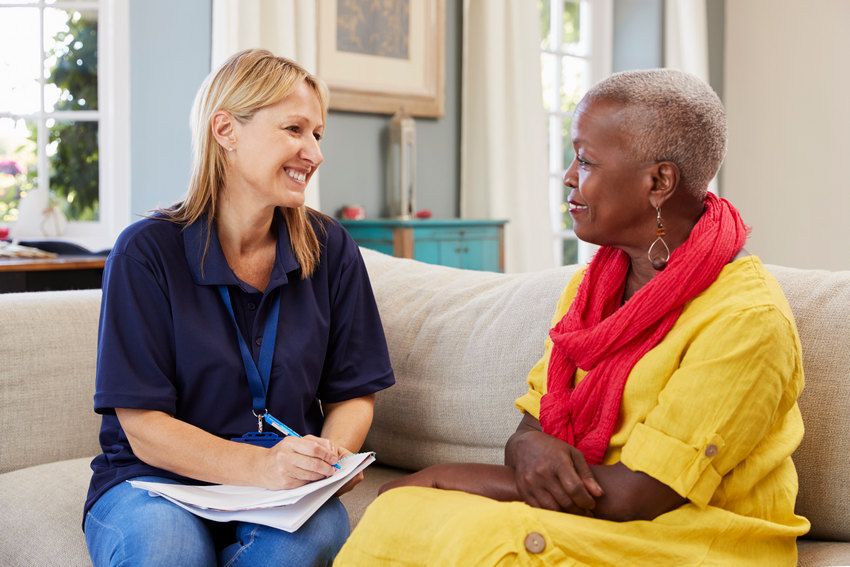A Caregiver Defined
Before we jump into the technical details, let’s take a moment to define what a caregiver really is and does.
In its basic form, caregiving is simply caring for the needs and wellbeing of another. This could be for any age- children, young adults, or seniors. And so, a caregiver is someone who provides this caregiving service for another individual.
Now, within the caregiving world, caregivers are divided into two categories regardless of the age of their recipients: volunteer caregivers and paid caregivers.
Volunteer caregivers are generally those who care for a family member and thus do not get paid.
Paid caregivers, on the other hand, are often professional health aides who require a salary or stipend to work.
However, as we’ll explain further on, you can actually be a caregiver for your family and get paid. Stay tuned!
The Facts Uncovered
- In a study done in 2015, Americans were placed at around 34.2 million for the number of unpaid caregivers that provided service to adults aged 50 and older. Which is basically saying, that caregiving is in high demand, and yet not many caregivers are receiving compensation.
- In 2013, the economic value of volunteer caregivers was placed at 470 billion dollars. That means, that the amount of work volunteer caregivers complete, as well as the type of work they provide, is worth billions. And yet, many caregivers don’t know that they can actually be getting paid for the valuable services they provide.
- Females make up most of the caregiving world. Although the number of male caregivers is on the rise, most of the work still currently lands on women’s shoulders. Women often spend more time caregiving for family and clients than men do. This means that women have less time to commit to themselves and/or a full-time job.
Family Members Turned Caregivers

Unfortunately, we are living through a time where there are simply not enough caregivers to go around. Many place this crisis on the fact that now most baby boomers are reaching an age where they need more at-home health care.
For this reason, many family members take up the role of primary caregiver for senior parents and loved ones, instead of hiring outside help. While caregiving is a wonderfully selfless job, if it’s done unpaid, it makes life a little harder on the caregiver.
When you’ve got a full-time job, kids, hobbies, and your own health to consider, it’s difficult to come home and give the rest of your energy to caregiving. Especially, if you’re pressed for money and time.
A simple solution to this: Get paid to be a caregiver.
Getting Paid to be a Caregiver with AmeriBest
It’s no secret- you can get paid to be a caregiver.
At AmeriBest, we’ll help you find the position that suits you best.
Then, we’ll train you!
No stress, no worry.
We want you to be the very best caregiver you can be. And we’ll give you all the tools, education, and experience necessary to accomplish that goal. But most importantly, we’ll get you the money you deserve.
With the AmeriBest training program, you’re not just learning any old task. You’re learning a career. And in doing so, you’re becoming a part of a caregiving family that has your best interests at heart.
When you’re ready to get paid for the work you do, give us a call at 1800-HOMECARE or 215-925-3313.

